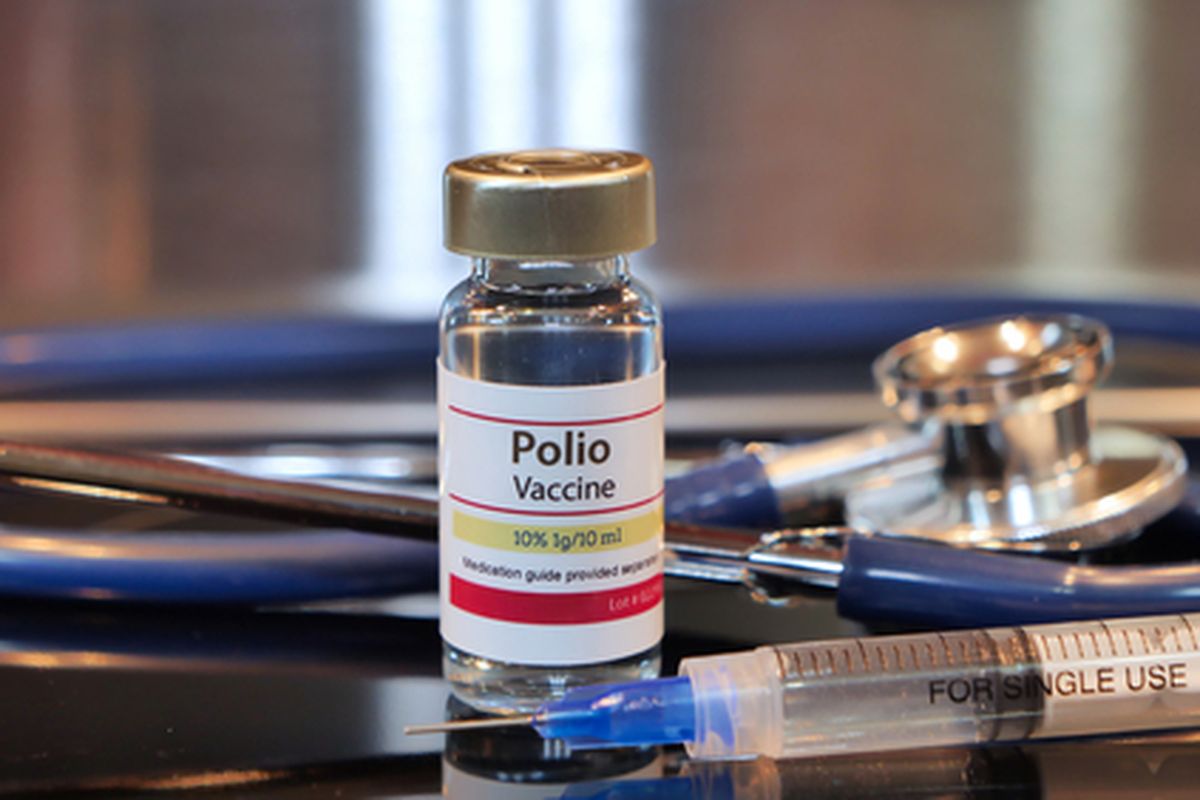
Also read: Indonesia Detects New XBB Covid Variant: Health Minister
The World Health Assembly adopted a resolution for the global eradication of polio in 1988 and since then, wild poliovirus cases have decreased by more than 99 percent, according to the World Health Organization.
It was eliminated in Indonesia in 2014 and is today only still endemic in two countries — Afghanistan and Pakistan.
Polio primarily affects children under the age of five, according to the WHO. Unvaccinated people of any age can contract the disease, however, and sporadic cases continue to crop up.
In September in New York, for example, the state stepped up its polio-fighting efforts after the disease was detected in the wastewater in the New York City area.
Officials began checking for signs of the virus there after the first case of polio in the United States was identified in July in Rockland County, which is north of the city. It was confirmed in a young adult who was unvaccinated.
The statewide polio vaccination rate is 79 percent but Rockland's rate was lower, and New York health officials urged all unvaccinated residents, including children by two months of age, to get vaccinated immediately.
Last week, new poliovirus cases were found in Afghanistan, Algeria, Chad, the Democratic Republic of Congo, Ethiopia, and Nigeria, according to the WHO's Global Polio Eradication Initiative.
Of the three other children in Indonesia from the same village as the initially confirmed case none had their basic vaccinations, Maxi said.
"It has to be reported as an outbreak, because it had been declared eradicated in Indonesia, but it turns out that there is still wild polio virus," he said.
Maxi said his ministry is keeping a close watch on the cases by doing door-to-door screening to ensure that there are no additional infections that have not been reported.
The polio virus is transmitted person-to-person, generally through the "fecal-oral" route, according to the WHO. In Indonesia, authorities have also pointed to unsanitary conditions as a probable cause of the new infections after finding out that some local residents still defecate directly into a river where children are often found playing.
Across Indonesia, polio vaccination coverage has been slipping since the outbreak of Covid-19. Despite the challenges of reaching people in the archipelago nation of five main islands and thousands of smaller ones, 73.4 percent of Indonesians are now fully vaccinated for Covid-19 and 87.5 percent have at least one shot.
For polio, 86.8 percent of babies were vaccinated in their first year in 2020 nationwide, which fell to 80.7 percent in 2021 as the country was forced to focus most of its health facilities and workers on addressing the pandemic.
By comparison, only 50.9 percent of the infants born in Aceh in 2021 received a polio vaccination. It was the second lowest on a national scale after West Papua, where only 43.4 percent of babies were vaccinated.
































